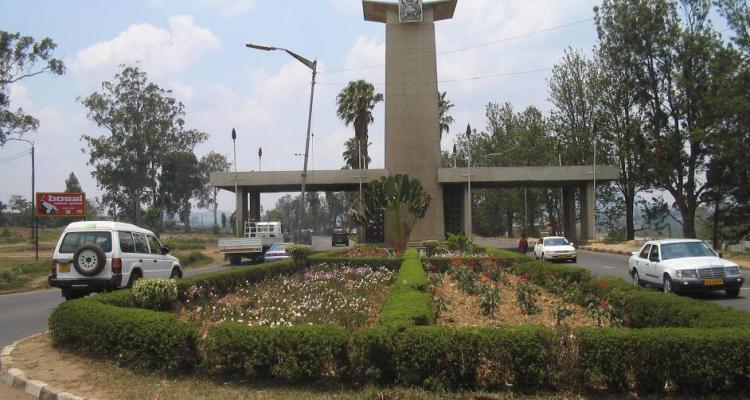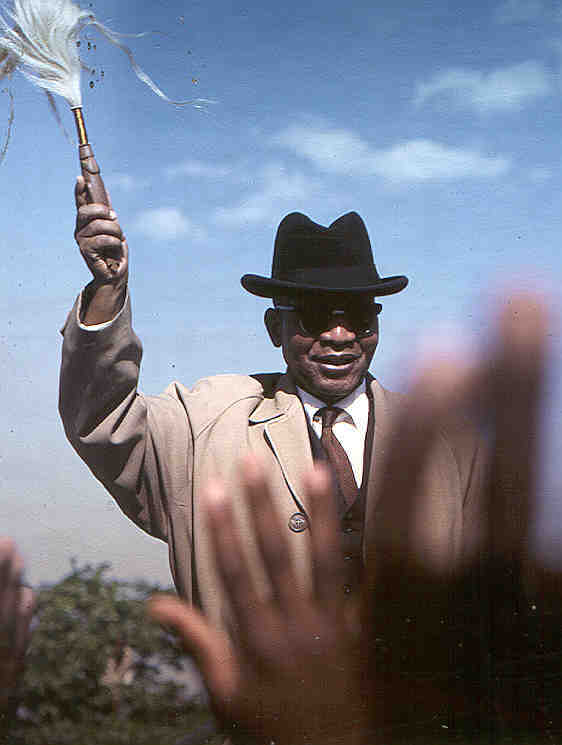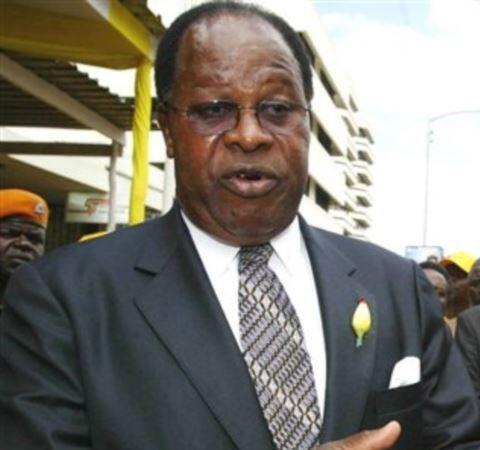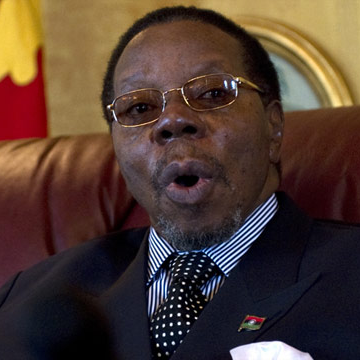

This week, we commemorated our 52nd year of independence. It’s just as well that there was no celebration of any sort. Yes, there were a couple of really weird billboards painted in the colours of our national flag, and planted at some of the roundabouts in our cities. But I suppose that does not count for celebration. In any case, their very lack of taste, the shoddy work reflected in their funny shapes that resembled coffins, was a reminder of how much we have failed as a nation, of how our dream has died and now lies in a coffin of hopelessness.
With each desperate situation we face, it has become fashionable to rewrite our nation’s history. It’s as if we started very well and lost track.
The truth is that we started off on a wrong foot, and things have remained truly problematic all the way.
How can you say we didn’t have a great start? You may ask.
One month into the new Malawi, we had a cabinet crisis. The best minds we had were kicked out from the cabinet, leaving only bootlickers. For the next thirty years we, as a nation, were reduced into shivering wrecks that could not even mention the name of our president without fearing arrest.
On the development side, there were things that were done well, especially in the first twelve years. The new government took loans from the World Bank and grants from nations that wished us well. With these, it built the University of Malawi, roads, primary and secondary schools, hospitals and much of the infrastructure we see today.
So there was a trade-off of some sort: our rights were abused, but at least there was some development.
But after 1976, this development reduced to a trickle. What remained was most politics of the worst type. Albert Muwalo Nqumayo, a powerful cabinet minister well known for instilling fear in others, was himself hanged in 1977, at the age of 50. Gwanda Chakuamba, another minister, was arrested, while Aleke Banda, the last of the most brilliant minds and one of our founding fathers, was thrown in jail.
Between 1976 and 1994, there was more praise of the leadership of the time and less development undertaken. If the development trajectory of the first twelve years of independence had continued beyond 1976, Malawi could have been looking a whole lot better than it does now.
In short, yes, the thirty years of Malawi Congress Party rule left us with the infrastructure we rely on today, which is truly appreciated. But the story could have turned out quite differently if the leadership had not lost focus from 1976.

Then came 1994. In the first democratic elections in three decades, the United Democratic Front emerged winner. All of a sudden, we found ourselves enjoying freedoms that, until that moment, were entirely unimaginable.
Some freedoms seemed strange and required time to get used to. In my township, for instance, women would gather in small groups to disapprovingly talk about fellow women who were wearing trousers (Savco jeans, I remember). After decades of oppression, freedom seemed to be a strange garment. Sometimes there were disastrous consequences. Women who wore mini-skirts could be booed and harassed in public spaces.
As the years went on, one thing became more obvious – we were happy to have won ourselves new freedoms, but were not prepared to embrace the responsibilities that are expected of a citizen.
Our leadership became corrupt. It did try to embark on development activities, such as the Malawi Social Action Fund (MASAF), whose aim was to improve the livelihoods of poor and vulnerable households and to strengthen the capacity of local authorities. Some roads, schools and boreholes were built. But the leadership was corrupt, and the impact of that corruption became too big for our wobbly economy to handle. The economy, therefore, tanked and it has been going downhill since.
The new government set up the Anti-Corruption Body, ostensibly with the aim of fighting corruption. But from day one this institution was undermined by the government itself. It became clear that its use was only as a scarecrow of politicians in opposition.
Corruption became more widespread. Politicians, civil servants, law-enforcement officials and some members of the general public – became willing participants in corrupt activities.
When the Democratic Progressive Party (DPP) took over through the back door between 2004 and 2009, there was a flicker of hope that perhaps our country would now return to the path of development that had been eluding it under democracy. Some infrastructure was built, and food security was improved.

Malawians gave the DPP a ringing endorsement in the 2009 elections, which it won with a landslide. Unfortunately, the party took the victory as a licence to all the bad things it had not been able to undertake in the first term. Freedoms to demonstrate were curtailed, sometimes with fatalities (e.g. 20 July, 2011). The economy took a turn for the worse. Development partners turned their backs on us, and on our own, we struggled to afford the basics, such as raising adequate forex for importing fuel.
When the president died in office in April 2012, the People’s Party took over, also through the backdoor. It only stayed in power for two years, so perhaps it would not be fair to expect it to do much in that short time that some parties had failed to do in ten years. Still, its legacy was the crippling looting of public funds, known as the Cashgate Scandal.
Now we’re here, 52 years from the day we won independence. We have all the freedoms we want, but with little development to talk of. Was it a mistake, perhaps, to discard the dictatorship? Because it is becoming increasingly clear that without dictatorship, not much can be done. Whereas in the past we citizens could play a part in development activities, now we generally think the government is the answer for everything. Worse, we do not even bother to do enough to hold our thieving leaders accountable. In any case, we burn petty thieves while appointing great ones to public office.
Until we wake up as citizens to start holding our leaders accountable, this democracy will turn out to be the most useless thing that ever happened to our nation.















No commemt
The money for celebrations was budgeted for the private jet & some cost for APM to his hounaly degree, shame.
Ok
Only the late Kamudzu noz better about independence not this hybrid leaders of nowadays what they know is stilling.
wow,It shouldnt be Sedition when we say the truth here and our opinion ,of course the truth hurts.First his win to presidency was questionable and with minority so things are working in those lines.The two years or so ,he has been in the highest office,situation has become in disorder and out of control. 1 The illegal Sale of MSB. 2 The Tractors controversy,he is failing to tackle. 3 Corruptions,Frauds,Thefts have increased. 4 The 577bn cashgate ,he is nervous and reluctant to tackle 5 His cabinet is too weak and clueless 6 Austerity of Govt s economic measures is lip services,he is not serious ,his motorcade is the proof. 7 Health,Education ministries nothing has changed. 8 Tobacco growers have cried foul,he has failed to negotiate with the buyers.9 No major infrastructure seen in his two years.10 Malawians are getting poorer each passing day,look at foodstuff,transport,electricity and water very very expensive.11 Njauju and Chasowa deaths ,he is quiet,he has never made a statement.In summary ,malawian problems ,are as they were,Nothing has changed,as if we dont have a leader.
I am compelled to comment, but hesitantly,
we are in the same boat,bro. point out the truth ,it’s your right.# albert
write something on what APM govt has done. its now a third budget , you could have explained something. u
Democracy is not a deterent to development. Most developed countries you can talk of are democratic. Their economies continue to grow. You yourself have pointed out that there was slow development between 1976 and 1994 when there was dictatorship in the country. Perhaps you should do More research to establish relationships.